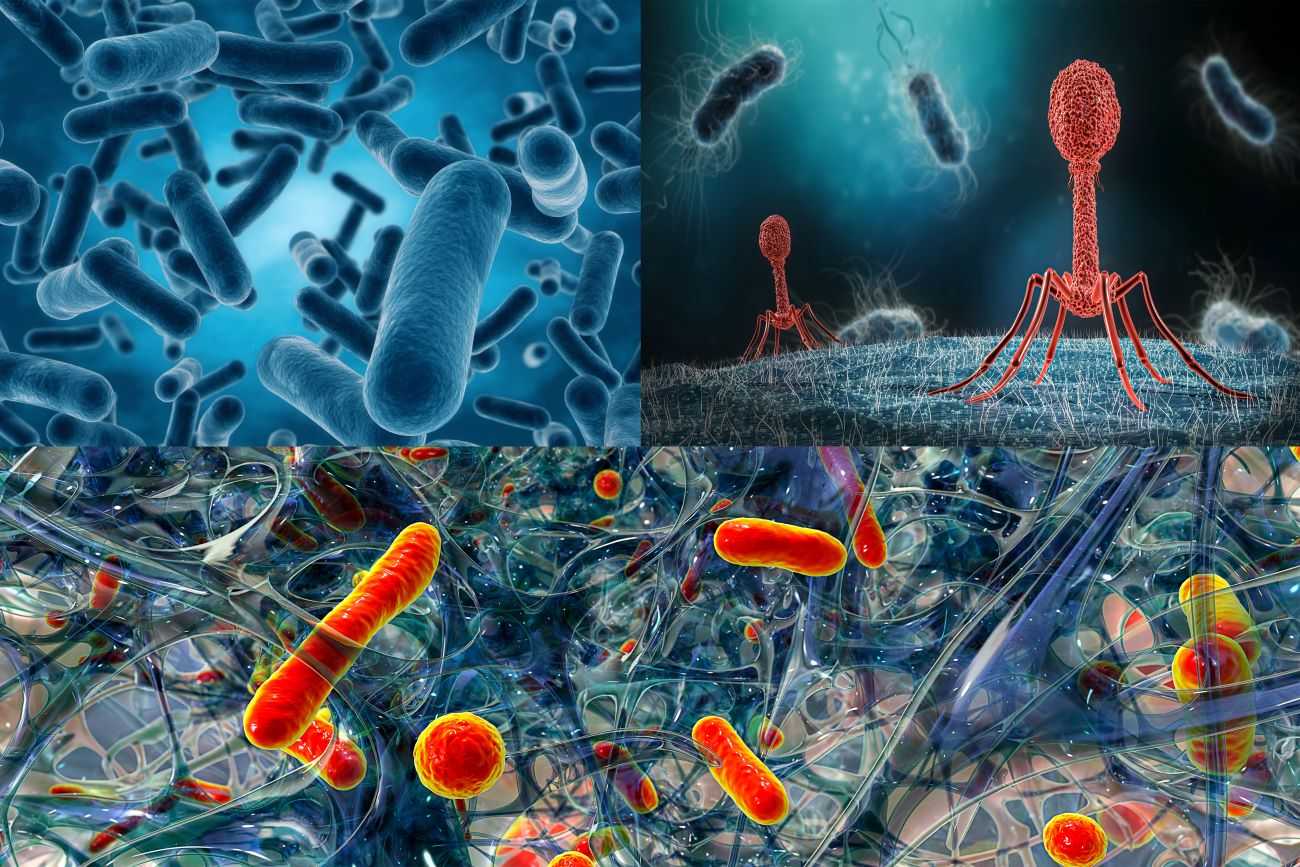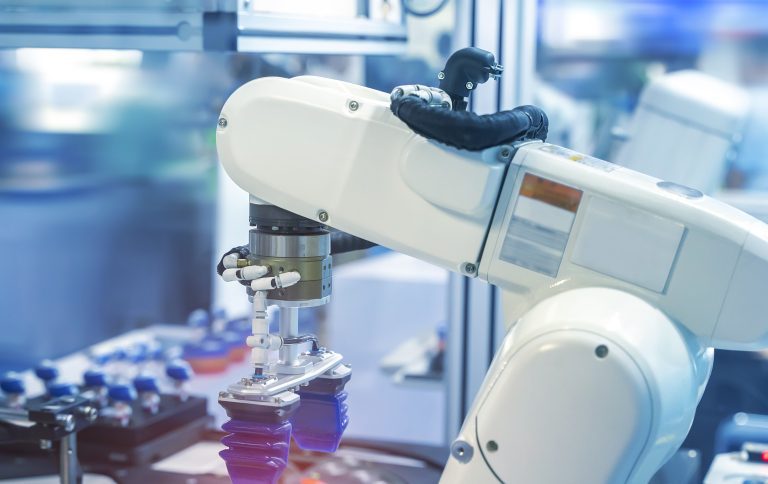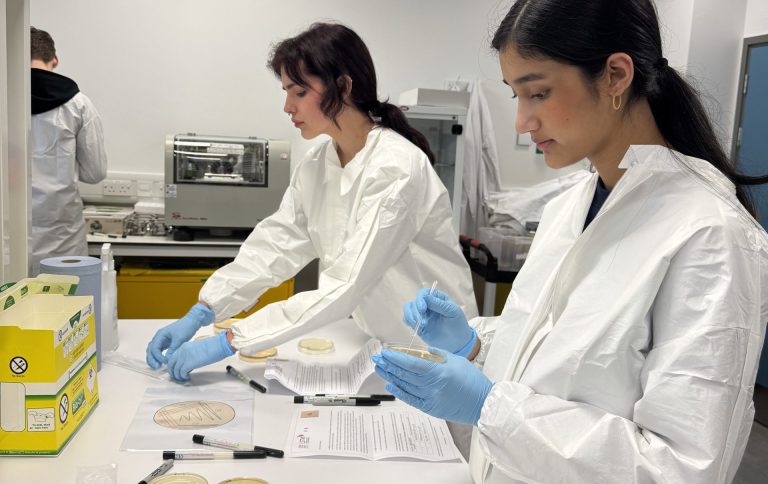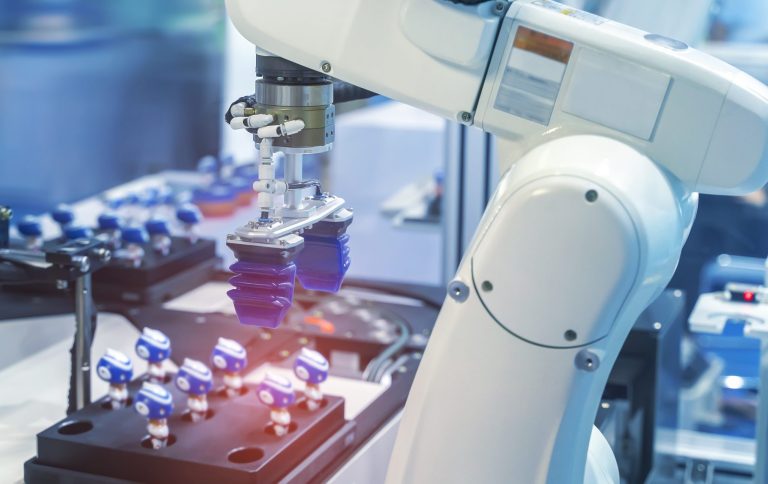- Find our latest Case Studies
- Our Platforms
New Microbials Accelerator Programme now taking applications

A new Innovate UK-funded Microbials (Microbiome, Biofilms & Phage) Accelerator is now accepting applications from SMEs for a programme of support to help scale their businesses and secure funding for the commercialisation of innovative microbial technologies. Funded as part of the Biomedical Catalyst, the programme consists of a unique package of business support and access to clinical, scientific, technical and commercial advice at no cost to the company. Applications for the microbial accelerator programme close at midday on June 6th.
The accelerator is co-led by LYVA Labs and Bionow, with support from a dynamic consortium of partners including iiCON, University of Liverpool (UoL), CPI, and the Innovation Agency (IA).
The scope for the accelerator includes technologies, products, processes, and services that have the potential to impact microbial communities or biofilms related to health, including new technologies to protect beneficial microbiomes or to control harmful microbial communities or biofilms.
Please note that developing new antibiotics to combat AMR and microbial diagnostics is out of scope.
The Microbials Accelerator partnership offers a programme of developmental courses and mentorship opportunities. The programme is designed to give businesses the knowledge and support they need to move products and services from the development stage to market readiness. To be successful in their application, businesses must:
Be a UK-based SME (small or medium-sized business), or an academic in the early stages of forming an SME.
Have an innovative idea to develop a novel product/technology/process/ or service, which is in scope and can be evidenced to impact a sizeable healthcare challenge positively.
Be developing a technology/product/process/service with a clear and obvious route to market that will lead to a commercial opportunity.
The accelerator programme, funded by Innovate UK as part of the Biomedical Catalyst, comes in two phases. An initial 20 organisations will take part in an online ‘pre-accelerator’ course that will cover topics including market research, commercial analysis, market exploitation, finance and clinical trials. For phase two, 8-10 of these organisations will be selected for the full accelerator programme and will receive bespoke support. Industry mentors will be matched to the cohort and guide them through their accelerator journey.
The phase two cohort will also be supported to draft a ‘mock’ Biomedical Catalyst grant application, which will prepare them to apply to the closed Biomedical Catalyst Feasibility call, later in the year. SMEs will end the programme with a final pitch session to a panel of early-stage investors.
Companies not selected for phase two will get an action-planning session with Bionow, which may include referrals to experts in their network who can support them with their onward progression.
Commenting on the programme, Lorna Green, CEO of LYVA Labs, said: “The Liverpool City Region has a key strength in microbial research and development. This new microbial accelerator will help us capitalise on the unique academic research, facilities, industry partners, and growing ecosystem in our region, enabling us to incubate and support upcoming talent and real-world solutions.”
Geoff Davison, CEO of Bionow, added: “Research into the relationship between microbes, their hosts, and the environment, could hold the key to vital solutions to some of society’s biggest health challenges.
This programme will help SMEs and startups to get their innovations to market with the potential to transform treatments and health outcomes across a wide range of health sectors.”
Janet Hemingway, Founding Director of the Infection Innovation Consortium (iiCON), an LSTM-based collaboration which works with industry to bring new therapeutics to market, said: “Exploring new technologies and creative collaborations that will deliver next-generation treatments is at the heart of iiCON’s mission. We’re therefore delighted to be collaborating with LYVA Labs on this targeted support programme, which will give SMEs and those with new ideas access to a variety of really impactful benefits, such as the ability to upscale and unlock product development obstacles.”
Professor Steve Paterson, University of Liverpool Director of Microbiome Innovation Centre, and Professor Rasmita Raval Director of the Open Innovation Hub for Antimicrobial Surfaces and Co-Director, National Biofilm Innovation Centre, said: “University of Liverpool has world-leading expertise and unique facilities in the analysis of microbiomes and biofilms, which we study from the nanoscale to microbial communities. New technologies have revolutionised the microbial field and so we are excited by the opportunity to use these insights to support emerging businesses in Liverpool and nationally.”
Applications for the microbial accelerator programme close at midday on 6th June. You can apply on the Bionow Website and completed applications should be sent to microbialsaccelerator@bionow.co.uk.


